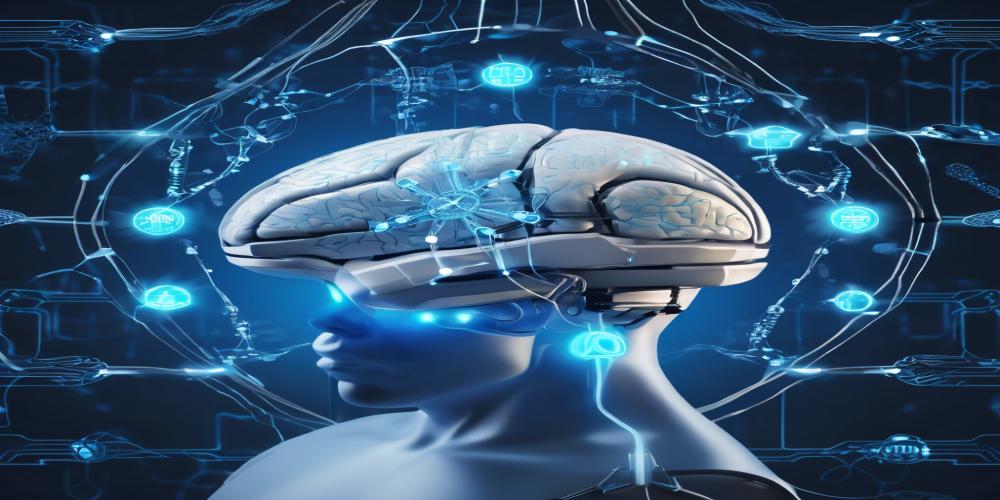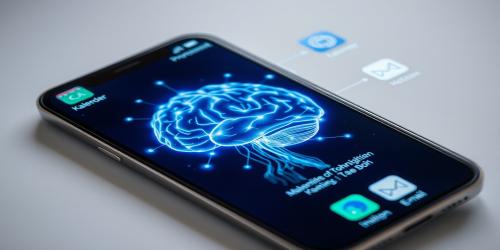AI for Human Augmentation for Health Improvements
Introduction
Artificial Intelligence (AI) is revolutionizing the healthcare industry by enhancing human capabilities and improving health outcomes. From diagnostics to personalized treatment plans, AI-powered tools are augmenting human expertise, enabling faster, more accurate, and more accessible healthcare solutions. This article explores how AI is being leveraged for human augmentation in health, the benefits it offers, and the future possibilities it holds.
How AI Augments Human Health
AI acts as a force multiplier in healthcare, assisting medical professionals and patients alike. Here are some key areas where AI is making an impact:
1. Diagnostics and Early Detection
AI algorithms can analyze medical images, such as X-rays, MRIs, and CT scans, with remarkable accuracy. By identifying patterns that may be missed by the human eye, AI helps in early detection of diseases like cancer, enabling timely intervention.
2. Personalized Medicine
AI processes vast amounts of patient data, including genetics, lifestyle, and medical history, to create personalized treatment plans. This ensures that therapies are tailored to individual needs, improving efficacy and reducing side effects.
3. Virtual Health Assistants
AI-powered chatbots and virtual assistants provide 24/7 support to patients, answering queries, reminding them to take medications, and even monitoring symptoms. This reduces the burden on healthcare providers and empowers patients to take control of their health.
4. Surgical Precision
Robotic surgeries guided by AI enhance precision and minimize risks. Surgeons can perform complex procedures with greater accuracy, reducing recovery times and improving patient outcomes.
The Benefits of AI in Health Augmentation
The integration of AI in healthcare brings numerous advantages:
Efficiency
AI automates routine tasks, allowing healthcare professionals to focus on critical decision-making and patient care.
Accuracy
By reducing human error, AI ensures more reliable diagnoses and treatment plans.
Accessibility
AI-powered tools make healthcare more accessible, especially in remote or underserved areas, bridging gaps in medical services.
Cost-Effectiveness
Early detection and personalized treatments reduce hospital stays and unnecessary procedures, lowering overall healthcare costs.
Future Possibilities
The future of AI in human health augmentation is promising. Emerging technologies like brain-computer interfaces (BCIs) and AI-driven prosthetics could further enhance human capabilities, offering unprecedented improvements in quality of life for individuals with disabilities or chronic conditions.
Conclusion
AI is transforming healthcare by augmenting human abilities and delivering smarter, faster, and more effective solutions. As technology advances, the synergy between AI and human expertise will continue to push the boundaries of what’s possible, paving the way for a healthier future.










